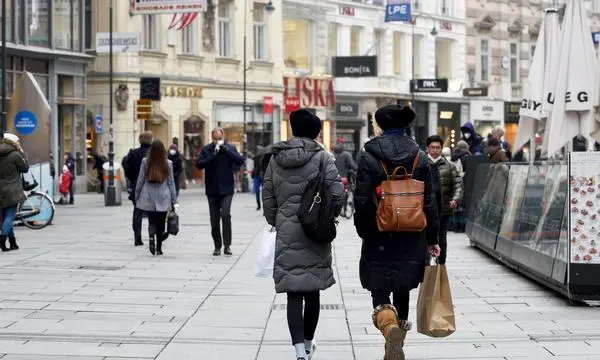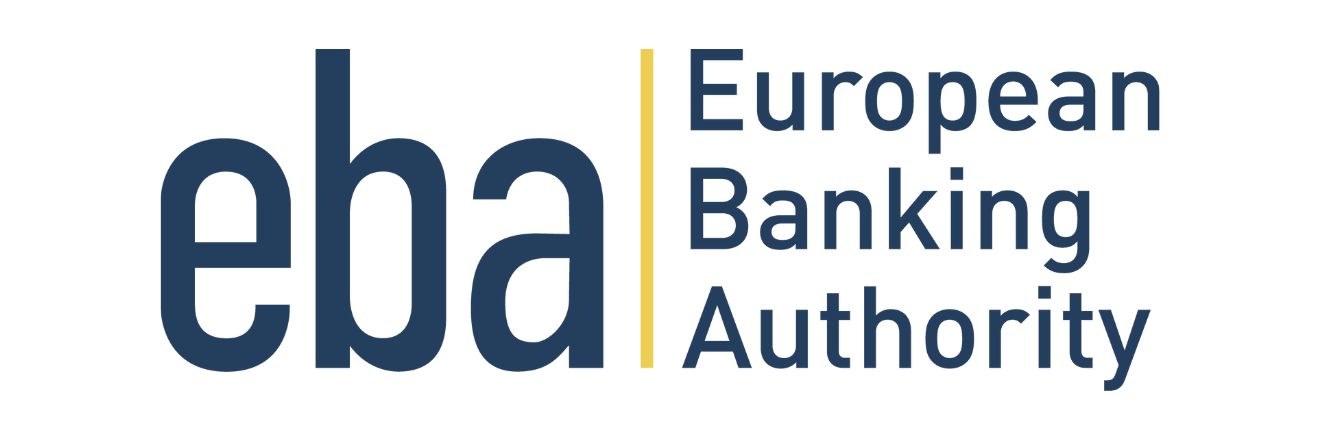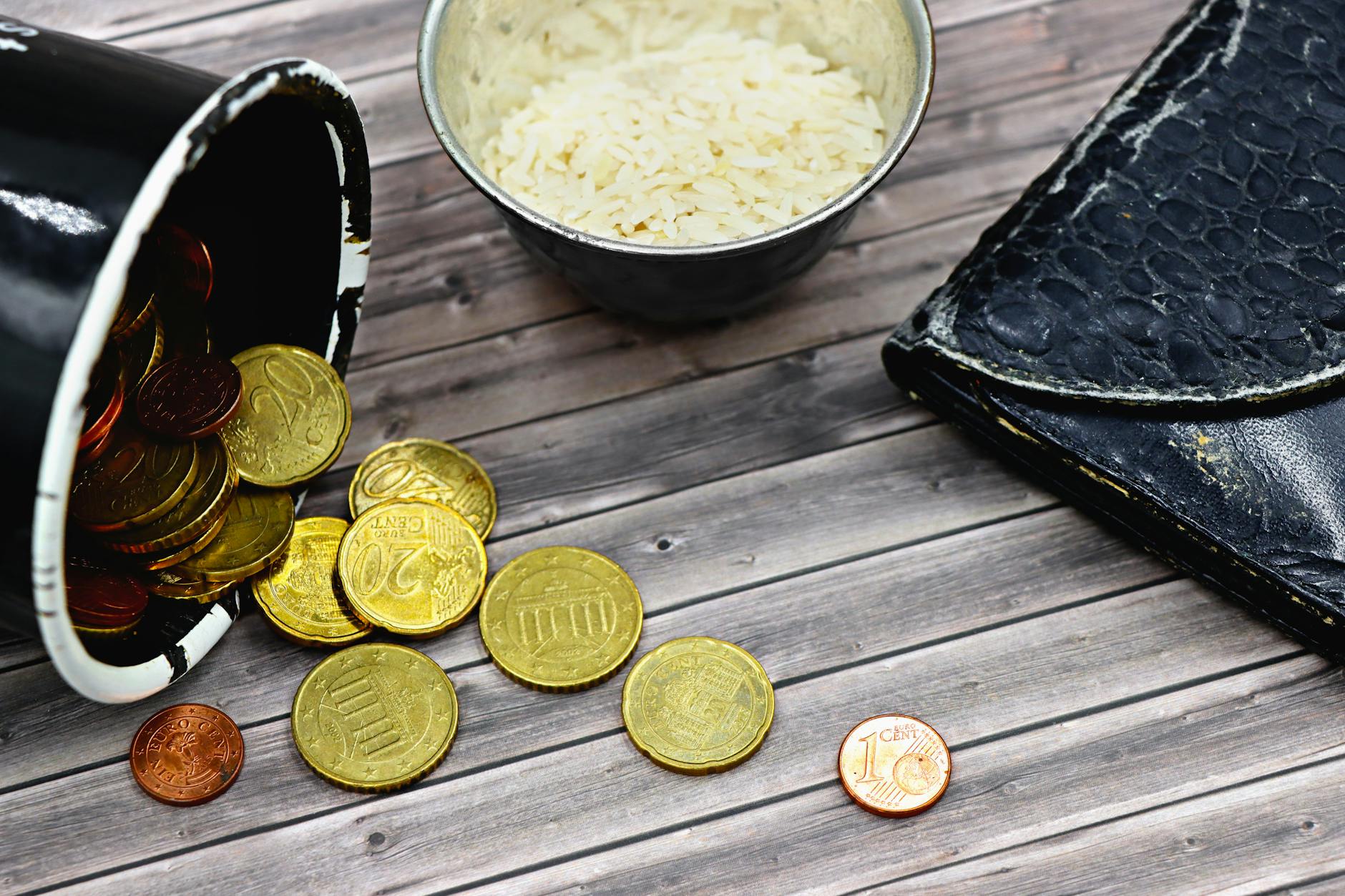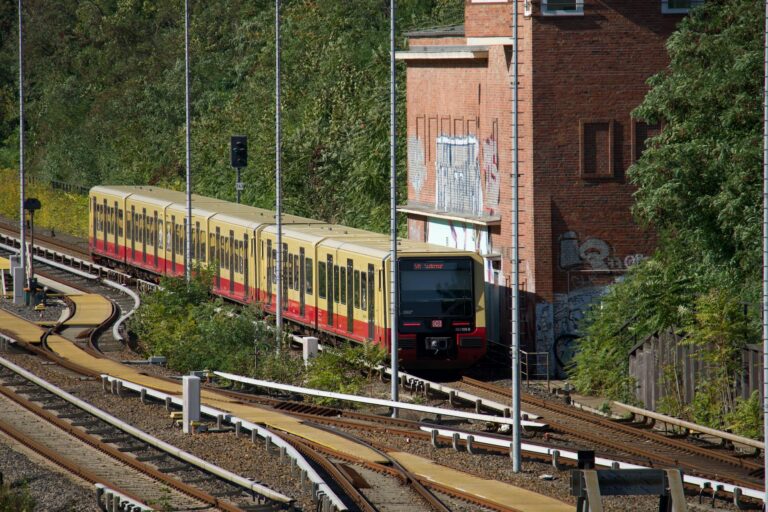The uncomfortable truth about your Euro savings
Walk down any German high street today and you’ll feel it, that quiet panic in the air as prices climb faster than wages. The government keeps promising things will get better, but your grocery bill tells a different story. What if I told you this isn’t just temporary inflation? What if we’re watching the slow-motion collapse of the entire fiat money system?
The writing’s on the wall, and Germans are starting to notice. Ten percent of Austrians now report they can’t make ends meet, despite living in one of Europe’s wealthiest countries. That’s not just a statistic, it’s a warning sign that the financial foundation we’ve built our lives on is cracking.

The great German real estate illusion
So where are people turning? Traditionally, Germans would pour money into Immobilien, real estate, the supposedly safe haven. But the dream of flipping properties for easy profit is hitting a harsh reality check.
One viral post showed what appeared to be a successful real estate flip: buy for €200k, invest €100k in renovations, sell for €400k. Looks great on paper, right? The comments section told a different story. Experienced investors pointed out the glaring omissions: “Wo Steuern? Wo Notar?” (Where are the taxes? Where’s the notary?)
The reality is brutal. Those exorbitant Kaufnebenkosten (purchase additional costs) in Germany, typically 10-15% of the property value, make quick flips nearly impossible. As one commenter put it: “Es ist Schwachsinn weil die exorbitant hohen Kaufnebenkosten Weiterverkäufe unrentabel machen” (It’s nonsense because the outrageously high purchase costs make resales unprofitable).
Even if you navigate the tax maze, notary fees, and bureaucratic nightmare, you’re competing against professionals who’ve been in the game for years. They have the connections, the cash reserves, and the expertise to absorb losses that would bankrupt an ordinary investor.
The crypto trap authorities are warning about
With traditional investments failing, many Germans are eyeing Kryptowährungen as an alternative. But before you jump on the Bitcoin bandwagon, consider what European supervisory authorities are warning: crypto investments come with “risks and limited investor protection.”
The FMA (Financial Market Authority) has been sounding the alarm consistently. They’re not just being bureaucratic, they’ve seen what happens when ordinary investors get burned by crypto volatility and scams. The promise of escaping fiat currency problems often leads people straight into another trap.

What’s actually working in this crisis?
So if real estate is a money pit and crypto is a gamble, what are Germans actually doing to protect their wealth? The answer might surprise you: they’re getting creative.
Some are turning to tangible assets, not just gold, but things they understand. Classic cars, fine wine, even high-end mechanical watches. Others are investing in skills and education, recognizing that the ultimate hedge against currency devaluation is personal capability.
The smartest money is flowing into things that can’t be printed by central banks or manipulated by algorithms. It’s a quiet revolution happening in living rooms across Germany, away from the flashy crypto exchanges and speculative property markets.
The municipal warning sign we’re ignoring
Perhaps the most telling indicator of how serious this has become is what’s happening at the local level. Austrian municipalities are facing a “dramatic financial situation” so severe that the FPÖ is demanding emergency action from the federal government.
When towns can’t afford basic services like street maintenance and waste collection, you know the money system itself is fundamentally broken. The Finanzausgleich (financial equalization) system that distributes tax revenue is failing, and municipalities are being asked to take on more responsibilities without the funding to match.
This isn’t just some abstract economic theory, it’s hitting people where they live. When your local Gemeinde can’t afford to fix the potholes on your street or keep the library open, that’s the fiat currency crisis knocking on your door.
Your practical escape plan
The bad news? There’s no magic bullet. The good news? You don’t need one. The most resilient strategy in this emerging crisis is diversification, but not the kind your banker pushes.
Think beyond traditional assets. Consider:
– Developing skills that are always in demand
– Building international income streams
– Holding assets outside the Eurozone
– Investing in community and local networks
– Maintaining physical assets with real utility
The Euro isn’t collapsing tomorrow, but its purchasing power is definitely on a downward trajectory. The Germans who thrive in the coming years won’t be the ones with the most clever crypto trades or property flips, they’ll be the ones who understood that real wealth isn’t about currency at all.
Your money is worth less than you think, but your resourcefulness, skills, and connections? Those are worth more than ever.

